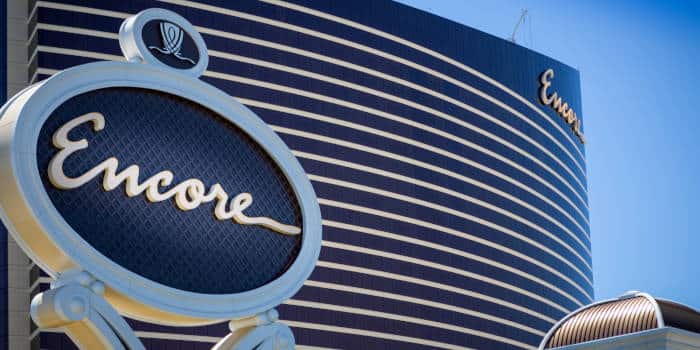Wynn Resorts has emerged victorious in yet another high-stakes legal showdown against its own casino, Encore Boston Harbor, concerning the contentious issue of slot machine payouts. This legal skirmish, which has captivated the gambling community, has finally been laid to rest.
Court Validates Encore Boston Harbor’s Ticket Redemption Practices
The protracted lawsuit revolved around accusations by A. Richard Schuster that the casino’s ticket redemption practices violated Massachusetts consumer protection laws. Schuster contended that the casino’s refusal to dispense coins at its ticket redemption units (TRUs) when cashing in slot machine vouchers was a clear attempt to shortchange patrons, thus infringing upon their rights.
The US First Circuit Court of Appeals, however, held its cards close to the chest and ruled decisively in favor of Wynn Resorts, reaffirming the legality of the casino’s actions. Heading the three-judge panel, Circuit Judge Lara Montecalvo asserted that Schuster’s allegations were devoid of any legal substance.
Decoding the TRU Dilemma
The heart of the matter was the operation of the casino’s TRUs, which did not dispense exact change. Instead, these machines issued a second voucher for any remaining amount under a dollar. This residual voucher could then be redeemed at a cashier’s window or used in another machine. Schuster argued that this intricate setup breached the casino’s regulations and Massachusetts gambling laws, misleading players by not delivering full cash payouts.
Schuster’s Last Stand Against Wynn Resorts
This lawsuit represented merely the latest in a series of legal battles waged by Schuster against Encore Boston Harbor, as determined as a poker player on a bad losing streak. Following Wynn’s strategic move to federal court, a district judge sided with the casino earlier this year. The appeal was heard in January 2024, and the final verdict was handed down in September.
The First Circuit’s decision highlighted that Encore’s redemption practices were in alignment with industry norms and did not contravene state or federal statutes. The verdict clarified that Massachusetts gaming regulations considered vouchers as legitimate “funds” under the law, thereby legitimizing the casino’s procedures.
Past Wrangles on Blackjack Odds
Schuster’s prior legal crusades included a notable complaint about the odds at Encore Boston Harbor’s blackjack tables. He contested the casino’s decision to offer 6:5 odds instead of the more player-friendly 3:2 odds. Despite his fervent efforts, Schuster’s claim was ultimately dismissed, compelling him to shift his focus to slot machine payouts. However, his judicial losing streak continued unabated.
The Curtain Falls on Schuster’s Legal Gambit
With the prospects of the US Supreme Court getting involved appearing as slim as a casino dealer’s smile, this ruling may well mark the end of Schuster’s litigious journey. The decision serves as an emphatic endorsement of Encore Boston Harbor’s business practices, affirming that its operations comply fully with Massachusetts gambling laws.
This outcome shines a bright light on Wynn Resorts, underscoring its meticulous adherence to industry standards and reinforcing its status as a venerated player in the gambling arena. As the dust settles on this legal battle, it remains a stark reminder that the house, more often than not, retains the upper hand.







